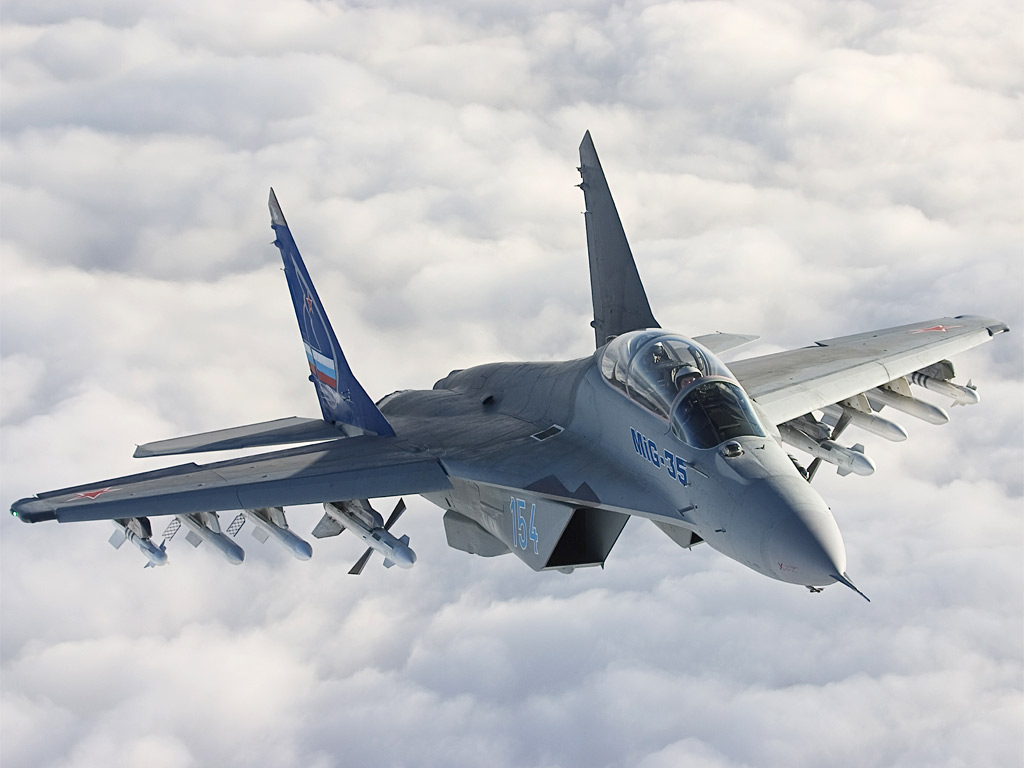“Unknown aircraft, you are in American airspace. Identify yourself.” Such phrases, much used in bad Hollywood films, might soon sound terribly outdated thanks to Delft research.
Hopes are that in the foreseeable future radar will be able to distinguish Russian MiG’s from Joint Strike Fighters and simple passengers planes. Ir. Elwin van ‘t Wout’s work on a mathematical method could bring this military breakthrough a step closer.
In his dissertation, which the mathematician will defend on November 11 2013 at EEMCS faculty, Van ‘t Wout describes how he solved some tough mathematical problems concerning the instabilities that arise during simulations of radar scattering.
Researchers have been working on computational methods to predict the radar signature of aircraft for many years. One such method is the so called time domain integral equation method. Van ‘t Wout, who is employed by National Aerospace Laboratory NLR, says he solved the instability problems and performed the first stable and realistic simulations of the radar scattering of a passenger aircraft. “At least no such simulation has ever been described before in the scientific literature”, he says.
One big remaining challenge however is the prediction of the radar signature of military aircraft covered with radar absorbing materials. The researcher believes this problem can be tackled with the improved mathematical method. “But it still is very complicated”, he says laughing. “It is not just like pressing a button.” His work, in other words, is no blueprint. That might explain why everyone – also enemy states, can read his dissertation. It is public.
The day after the defence, November 12 2013, a conference is held about the recent developments in the field of electromagnetic scattering at the National Aerospace Laboratory in Amsterdam.
Elwin van ‘t Wout, Stability, Accuracy, and Robustness of the Time Domain Integral Equation Method for Radar Scattering Analysis. Defence date 11th of November. PhD Supervisor Prof. Kees Vuik (EEMCS faculty).



Comments are closed.